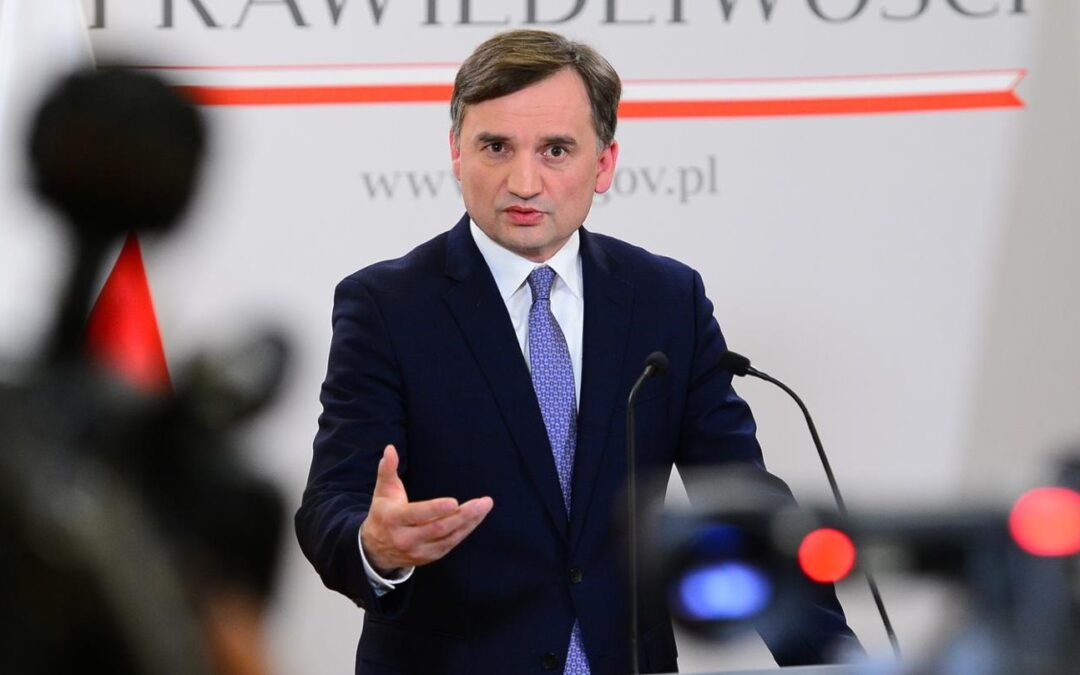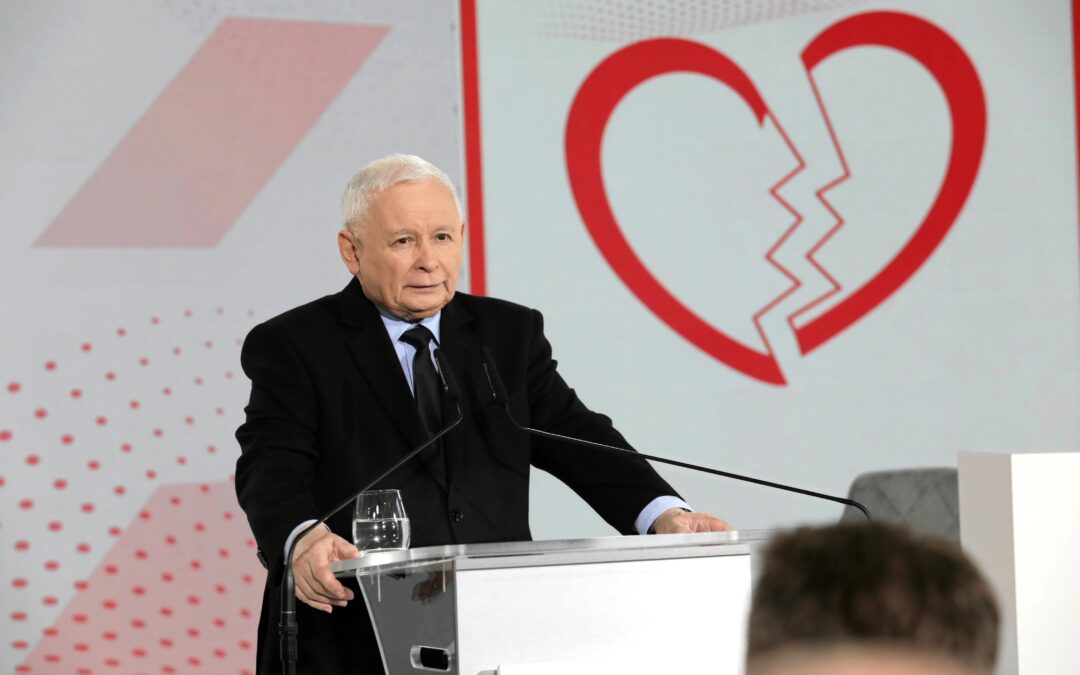The justice minister has accused the EU of wanting to get its “dirty hands on Polish children” after the European Commission launched legal proceedings against Poland for allegedly failing to enforce rulings on family matters by courts in other member states.
“The EU is escalating its demands on our country,” said Zbigniew Ziobro, who as well as being justice minister and public prosecutor general also leads a hardline eurosceptic junior party in Poland’s ruling national-conservative coalition. “This time it is reaching its dirty hands for Polish children.”
Minister @ZiobroPL: UE eskaluje swoje żądania wobec naszego kraju. Tym razem wyciąga swoje brudne łapska po polskie dzieci. Za czasów rządów PO, polskie dzieci były taśmowo wydawane w ręce obcokrajowców. Państwo w ogóle nie dbało o obywateli, o interesy polskich matek. pic.twitter.com/5VzCOFPbAR
— Min. Sprawiedliwości (@MS_GOV_PL) February 1, 2023
He claimed that, when Polish women abroad are abused by partners and flee back to Poland with their children, foreign courts often order that the children be returned to their foreign fathers.
That “changed when I became justice minister”, declared Ziobro. “Today, Polish mothers are protected in an incomparably better way than before, and this has caused the consternation and dissatisfaction of Brussels bureaucrats.”
Ziobro’s anger was triggered by a letter last week from European Justice Commissioner Didier Reynders, in which he informed Warsaw that he was launching infringement proceedings against Poland for alleged failures in implementing cross-border rulings on matrimonial and parental matters.
“Poland persistently violates the provisions,” wrote Reynders, quoted by the Polish Press Agency (PAP). “The European Commission considers that Poland has failed to fulfil its obligations.”
KE: Polska uporczywie przeciąga spory o dzieci
Komisja Europejska wszczęła postępowania przeciwnaruszeniowe wobec Polski za nadmierne wydłużanie procedur w ponadgranicznych sporach o dzieci. Sprawa może zakończyć się skargą do TSUE.
https://t.co/M3Fd1qQTs5— Tomasz Bielecki (@TomaszBielecki) January 26, 2023
This is simply “the latest batch of demands and blackmail” from Brussels, declared Ziobro today, pointing to a series of actions taken by the EU against Poland over the rule of law.
Meanwhile, Michał Wójcik, who belongs to Ziobro’s United Poland (Solidarna Polska) party and serves as a minister in the prime minister’s chancellory, called Reynders 47-page letter “a bunch of untruths, half-truths and manipulations”.
In June last year, an amendment to Polish law went into force that allowed court orders to extradite a child to be suspended if the prosecutor general, commissioner for children’s rights, or commissioner for human rights issues an extraordinary appeal against them.
Subsequently, Warsaw’s court of appeal asked the European Court of Justice (ECJ) to rule whether that amendment is compliant with EU law, reports the Rzeczpospolita daily.
Poland will veto a new EU proposal to ensure that the rights of same-sex parents and their children are recognised in all member states, says the justice ministry https://t.co/dBNRe3qV08
— Notes from Poland 🇵🇱 (@notesfrompoland) December 9, 2022
Last month, ECJ advocate general Nicholas Emiliou agreed with the Warsaw court’s doubts, saying that the length of time it takes under Polish law to process child extradition cases violates both EU law and the 1980 Hague Convention.
“Polish law is not systematically conducive to the speed and effectiveness of the return of children,” he wrote in an opinion. The opinions of advocates general are not binding on the ECJ but are usually followed by the court’s judges in their subsequent rulings.
Despite Ziobro’s remarks that child extradition cases involve non-Polish fathers, the one that prompted the Warsaw court to seek the ECJ’s guidance relates to a Polish father attempting to secure the return of his child to Ireland after they were taken to Poland by their Polish mother.
In another prominent case, in 2020 Ziobro intervened to help prevent the extradition to the Netherlands of a non-Polish couple who were wanted on a European Arrest Warrant for abducting their autistic son from a care facility and bringing him to Poland.
Main image credit: Ministerstwo Sprawiedliwości (under CC BY-NC-ND 3.0 PL)

Daniel Tilles is editor-in-chief of Notes from Poland. He has written on Polish affairs for a wide range of publications, including Foreign Policy, POLITICO Europe, EUobserver and Dziennik Gazeta Prawna.



















